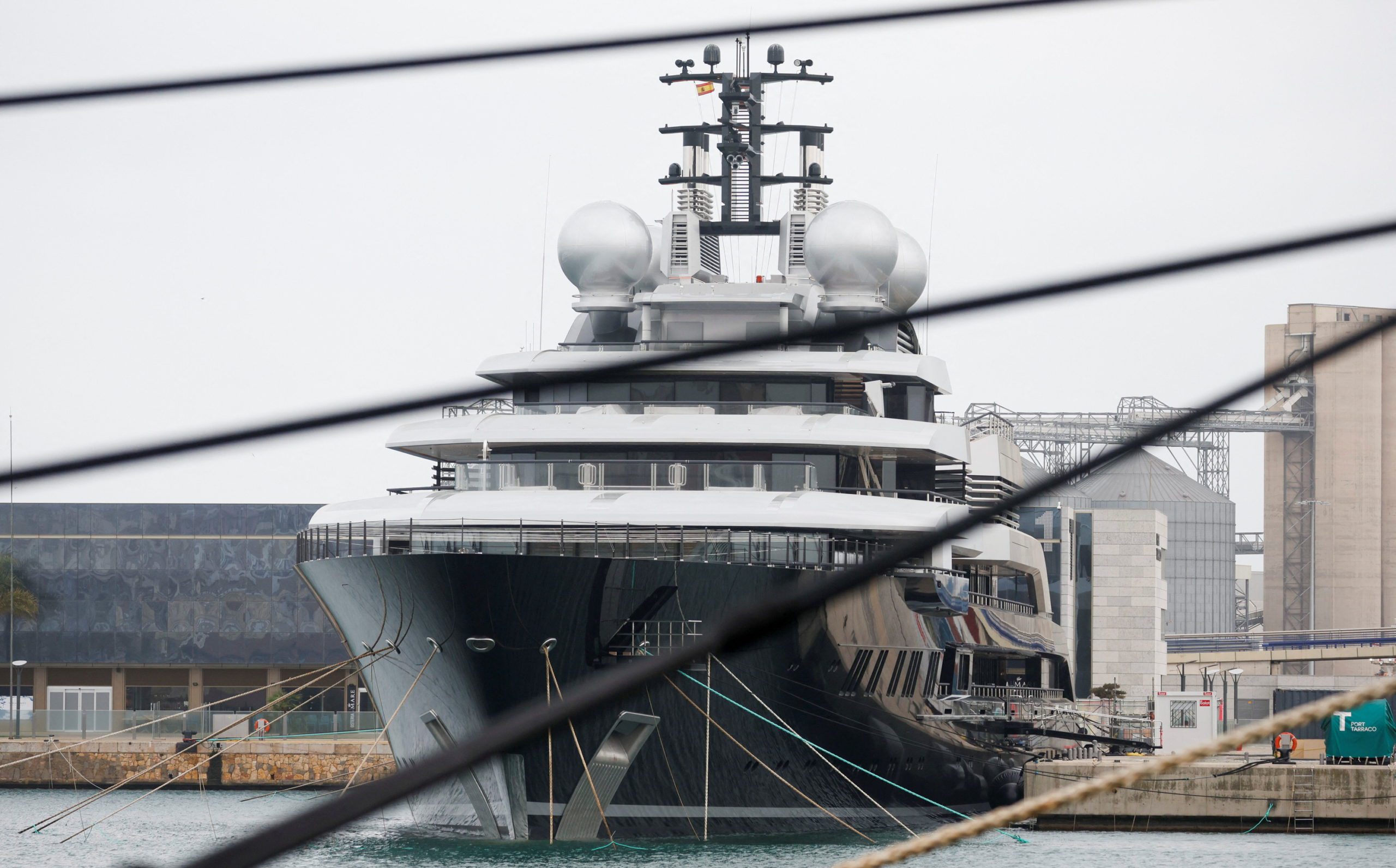In an increasingly polarized political climate, Oxfam has turned its attention to a fat target in the fight against carbon emissions: the ultra-wealthy. The charity claims that taxing superyachts and private jets could have raised £2 billion for the UK treasury last year.
Oxfam’s latest figures paint a stark picture of inequality. Private jet usage in the UK has soared, with the country hosting the second-highest number of private flights in Europe, behind only France. Meanwhile, the UK boasts a fleet of 450 superyachts, each contributing to the carbon footprint of the ultra-wealthy.
A Luxury-Fueled Crisis
A new report by Oxfam and U.S. researchers shines a spotlight on just how much damage a select few are causing. Their study of the financial investments and luxury purchases of 12 billionaires revealed that they collectively account for nearly 17 million tons of CO2 emissions annually. That’s the equivalent of powering 2.1 million homes or keeping 4.6 coal-fired power plants running for a year.
It’s this disparity that Oxfam is targeting in its call for Chancellor of the Exchequer Rachel Reeves to introduce a wealth tax on high-polluting luxuries like private jets and superyachts. “While the super-rich continue to pollute at excessive rates, it is people living in poverty—in the UK and around the world—who are suffering the most from its devastating impacts,” said Natalie Shortall, a climate justice policy adviser for Oxfam UK. Shortall added: “Amid escalating climate breakdown and inequality, it’s morally incoherent that private jets pay no tax on fuel at all, while an ordinary person filling up their car does.”
Related article: Bezos’s New $500 Million Superyacht Is Undergoing Sea Trials
Her sentiment is clear: the ultra-wealthy are wreaking havoc on the planet, but the poorest are paying the highest price.
Oxfam’s £2 Billion Proposal
Oxfam’s research suggests that introducing fines and a higher rate of air passenger duty for private jets, along with a superyacht ownership tax, could have generated up to £830 million last year alone. A further £1.2 billion could be raised by taxing private jet fuel, charging VAT on private aviation.
Of course, whether the UK government will take action is another question. When asked to respond to Oxfam’s analysis, a Treasury spokesperson told the Guardian: “We do not recognise these calculations. The Chancellor has been clear that difficult decisions lie ahead on spending, welfare, and tax to fix the foundations of our economy and address the £22 billion hole the government has inherited.”
As the economic divide widens, pressure is mounting for governments to take bold action. Whether through taxes on private jets and superyachts or other measures, the call for the wealthy owners of superyachts to pay their fair share is growing louder.

 Join The Club
Join The Club











